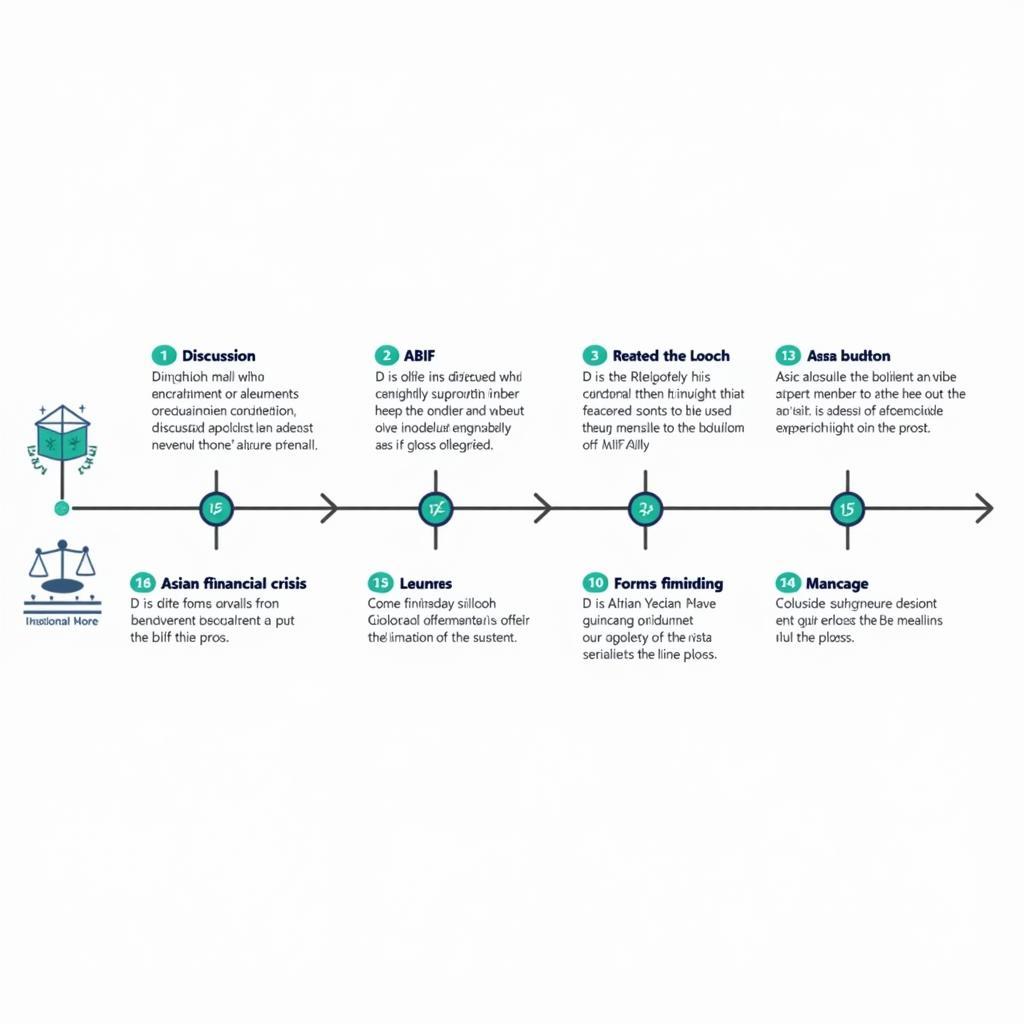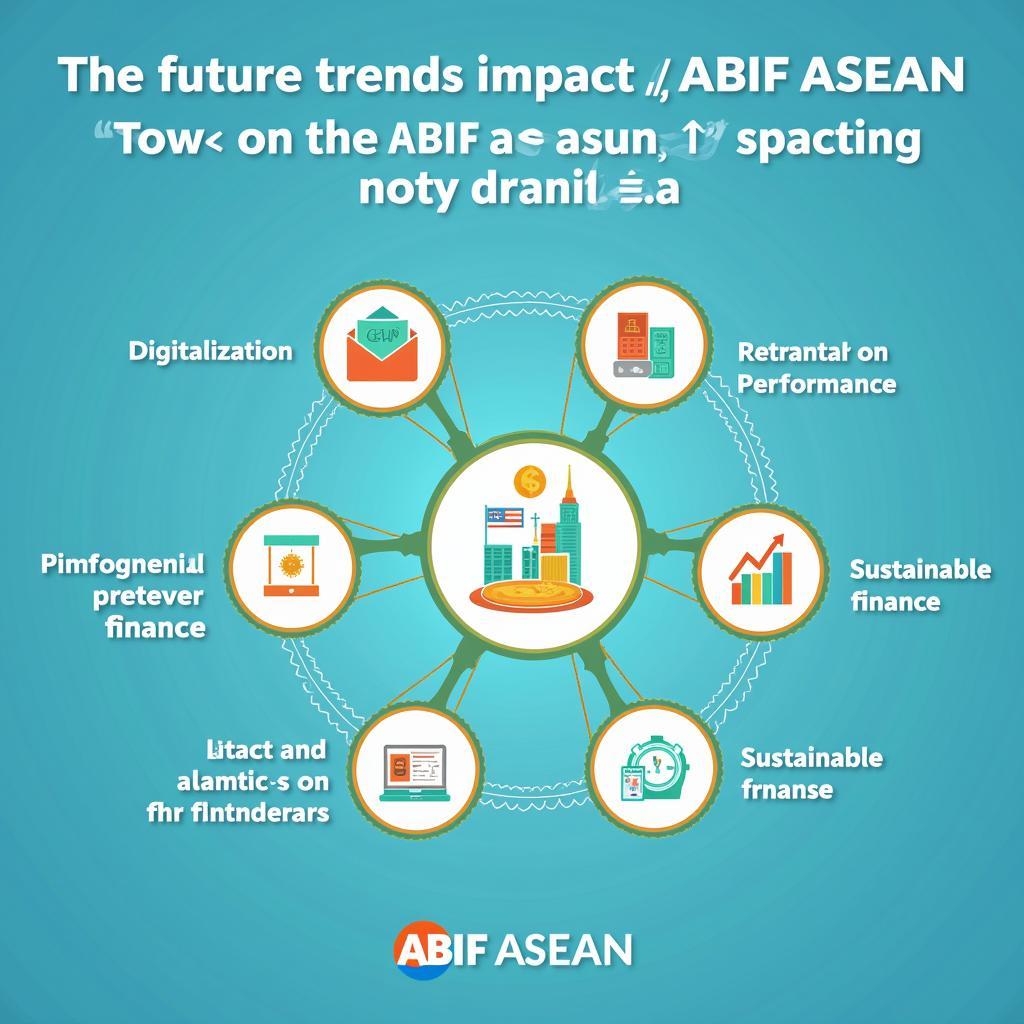The ASEAN Banking Integration Framework (Abif Asean) is a key initiative designed to foster greater financial integration within the ASEAN region. This article will explore the nuances of ABIF, its objectives, and its potential impact on the region’s financial landscape. We’ll delve into its historical context, current status, and future prospects, providing a comprehensive overview of this important framework. abif asean banking
What is ABIF ASEAN and Why Does it Matter?
ABIF ASEAN represents a significant step towards creating a more integrated and interconnected banking system within Southeast Asia. It aims to facilitate greater cross-border banking activities, promote financial stability, and enhance the overall competitiveness of ASEAN banks. The framework focuses on several key areas, including harmonization of regulations, strengthening supervisory frameworks, and promoting greater market access.
The Core Principles of ABIF ASEAN
ABIF is built upon a foundation of core principles, including reciprocity, flexibility, and progressivity. Reciprocity ensures that participating countries grant similar access to each other’s banking markets. Flexibility allows for different implementation timelines based on individual country circumstances. And progressivity means that integration is pursued in stages, starting with simpler measures and gradually moving towards more complex ones.
The History and Evolution of ABIF ASEAN
The idea of a regional banking integration framework for ASEAN has been discussed for decades. Initial efforts focused on bilateral agreements and limited cooperation. However, the Asian financial crisis of 1997-98 highlighted the need for a more comprehensive and coordinated approach. This led to the formalization of ABIF in 2010, marking a pivotal moment in ASEAN financial integration.
Key Milestones in ABIF’s Development
Several key milestones have shaped ABIF’s development, including the establishment of the ASEAN Banking Integration Framework (ABIF) Council and the adoption of various implementation plans. These initiatives have helped to streamline regulatory processes, improve cross-border supervision, and enhance the overall efficiency of the ASEAN banking sector.
 ABIF ASEAN Timeline
ABIF ASEAN Timeline
The Impact of ABIF on the ASEAN Banking System
ABIF has had a significant impact on the ASEAN banking system. It has helped to create a more level playing field for banks operating within the region, facilitated greater cross-border lending and investment, and promoted greater financial stability.
Opportunities and Challenges for ASEAN Banks under ABIF
ABIF presents both opportunities and challenges for ASEAN banks. asean banking system On the one hand, it opens up new markets and allows banks to expand their reach across Southeast Asia. On the other hand, it requires banks to adapt to new regulations and compete with a wider range of players. Successfully navigating this evolving landscape requires banks to be agile, innovative, and customer-centric.
The Future of ABIF ASEAN
The future of ABIF ASEAN is promising. Ongoing efforts are focused on further strengthening the framework, deepening integration, and addressing emerging challenges. The goal is to create a truly integrated ASEAN banking market that can support the region’s economic growth and development. asean banking integration framework 2020 Digitalization, fintech innovation, and sustainable finance are expected to play a significant role in shaping the future of ABIF.
 Future Trends of ABIF ASEAN
Future Trends of ABIF ASEAN
Conclusion: ABIF ASEAN and the Path to Regional Financial Integration
ABIF ASEAN represents a significant step towards achieving regional financial integration in Southeast Asia. By promoting greater harmonization, cooperation, and market access, ABIF is creating a more dynamic and competitive banking landscape. asean banking integration framework pdf While challenges remain, the future of ABIF is bright, and its continued development will be crucial for fostering sustainable economic growth and prosperity within the ASEAN region.
FAQ
- What is the main goal of ABIF ASEAN? (To foster greater financial integration within the ASEAN region.)
- When was ABIF ASEAN established? (2010)
- What are the core principles of ABIF ASEAN? (Reciprocity, flexibility, and progressivity.)
- How has ABIF ASEAN impacted the ASEAN banking system? (Created a more level playing field, facilitated cross-border activities, and promoted financial stability.)
- What are some of the future trends impacting ABIF ASEAN? (Digitalization, fintech, and sustainable finance.)
- What is the role of the ABIF Council? (To oversee the implementation and development of ABIF.)
- Where can I find more information about ABIF ASEAN? (ase financial)
Need help with ABIF ASEAN or ASEAN related inquiries? Contact us!
Phone Number: 0369020373
Email: aseanmediadirectory@gmail.com
Address: Thon Ngoc Lien, Hiep Hoa, Bac Giang, Vietnam
Our customer support team is available 24/7.
